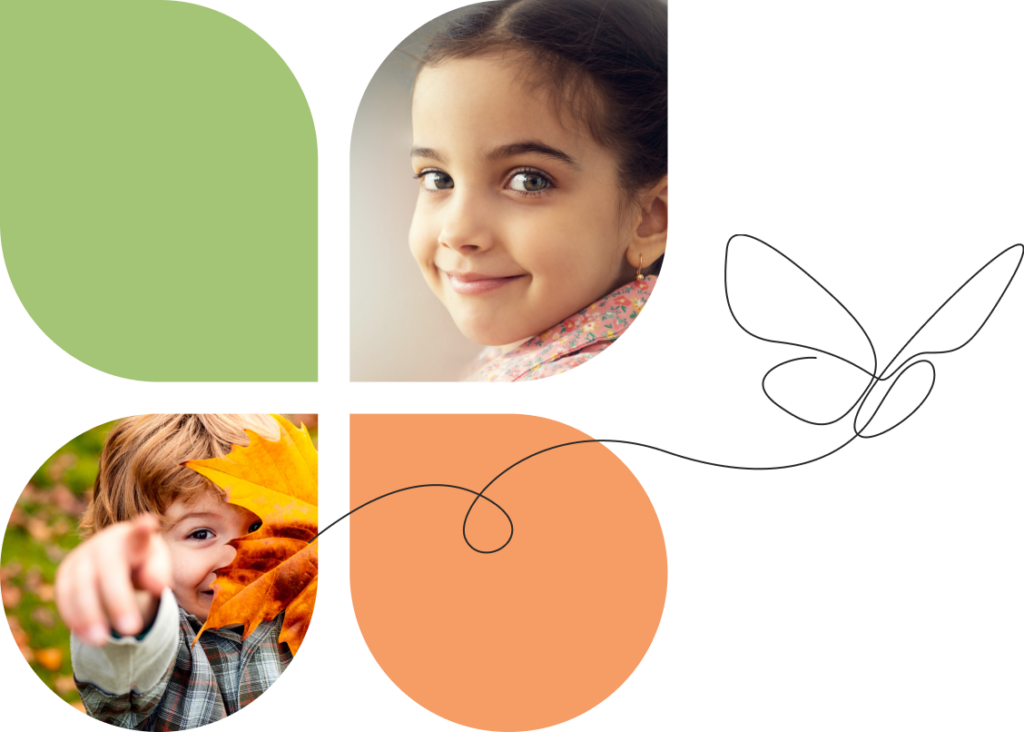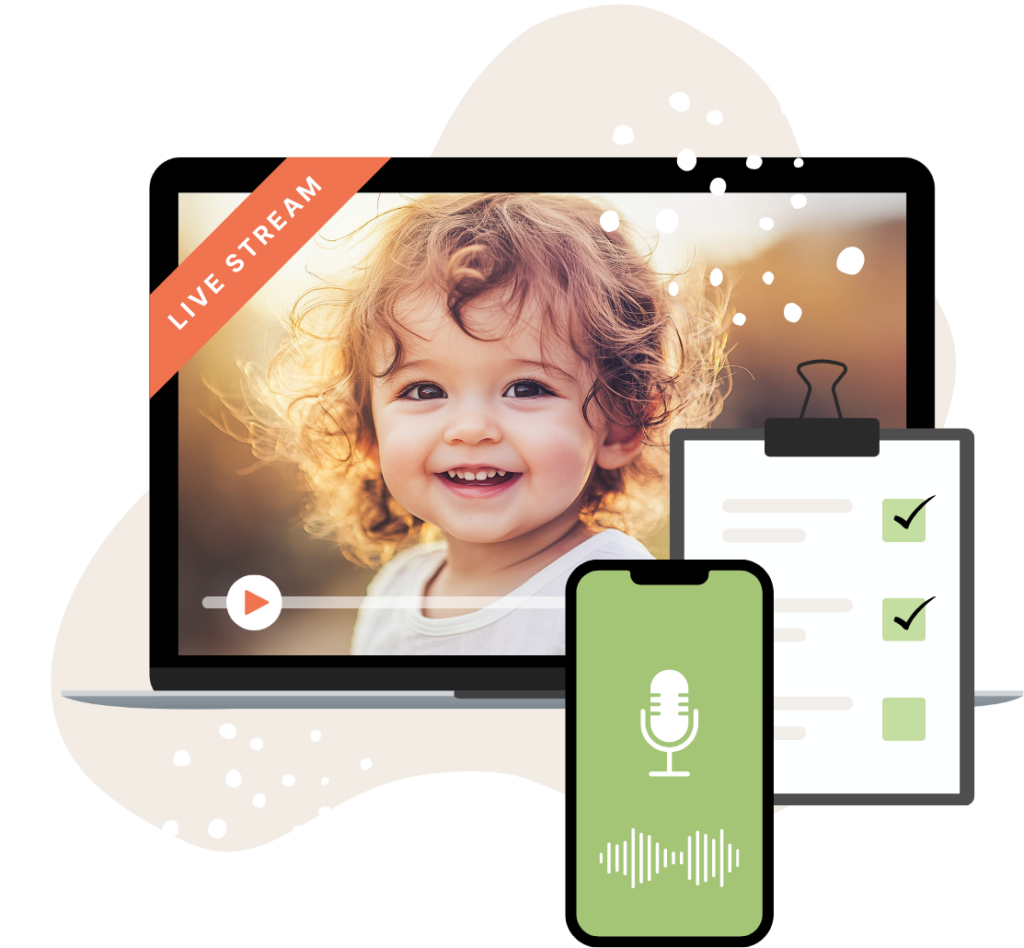In today’s frenetic world, the emphasis on academic and material success often overshadows the critical importance of emotional intelligence in our children’s development. In a recent enlightening event hosted by Guide and Grow, the significance of nurturing emotional intelligence in children, particularly those with ADHD, was explored in depth. The event featured the insights of Stephanie Pinto, a renowned expert in the field of emotional intelligence, providing parents and educators with invaluable guidance on raising kind, confident, and resilient children.
The Importance of Emotional Intelligence
Emotional Intelligence (EI) has emerged as a cornerstone in understanding human behavior and developing stronger interpersonal relationships. It is the ability to recognize, understand, manage, and reason with emotions, both within oneself and in others. In children, fostering emotional intelligence lays down the foundation for future success far beyond the boundaries of traditional learning.
During the event, the conversation illuminated how emotional intelligence plays a pivotal role in every child’s life, serving as a critical tool in managing stress, navigating social complexities, and making responsible decisions. It was pointed out that emotional intelligence is especially vital for children who are neurodivergent, such as those with ADHD, where challenges in managing emotions and impulses significantly impact their daily lives.
Strategies for Teaching Emotional Intelligence
One of the most profound insights shared by Stephanie during the discussion was the multitude of strategies that parents can employ to nurture emotional intelligence in their children. These strategies are not only transformative but are also practical and can be seamlessly integrated into everyday parenting practices.
- Storytelling and Reading: Utilizing storytelling and reading to discuss and reflect on emotions serves as a powerful tool. Books provide a safe space for children to explore complex feelings, understand different perspectives, and learn appropriate emotional responses.
- Modeling Emotional Intelligence: As parents, demonstrating emotional intelligence through our own actions teaches children how to manage their emotions effectively. Our reaction to stress, frustration, and disappointment serves as a live demonstration for our kids to learn from.
- Creating Emotional Vocabulary: Expanding a child’s emotional vocabulary allows them to articulate their feelings accurately. Use of emotion wheels or charts can aid in this, making emotions a topic of regular family discussions.
- Co-Regulation Techniques: Co-regulation refers to managing our emotions in tune with our children’s needs, providing them with the calm, patience, and understanding necessary during challenging moments. It involves acknowledging their feelings without judgment and guiding them gently through their emotional storms.
The Unique Needs of Neurodivergent Children
Children with ADHD often struggle with emotional dysregulation more intensely than their neurotypical peers. For these kids, emotional intelligence education requires patience, understanding, and adaptation to their unique needs. The goal remains the same – to equip them with the skills to understand their emotions, empathize with others, and respond appropriately in different situations. However, the approach might necessitate more repetition, clear and concise communication, and a greater emphasis on creating predictable routines that can help manage their impulses and reactions.
Embrace the Journey with Compassion and Understanding
Raising emotionally intelligent kids is a journey filled with challenges and rewards. It requires us as parents to first introspect and refine our emotional skills and then impart them to our children with compassion and understanding. As we navigate this path, it’s crucial to remember that the objective is not to suppress or stigmatize emotions but to validate and channel them constructively.
The insights from Stephanie Pinto and the Guide and Grow underscore the transformative power of emotional intelligence in parenting. By incorporating these practices, we can pave the way for our children to grow into emotionally aware and empathetic individuals, prepared to face life’s challenges with resilience.
Meet our distinguished guest
Stephanie Pinto is a mother, best-selling author, ISEI certified Social & Emotional Intelligence specialist, trained pediatric anxiety therapist, and practiced as a Speech Pathologist for 10 years. She supports parents in learning how to manage emotions, frustrations and stress so they are calmer and connect more deeply with their kids. Don’t miss the chance to learn from and empower your child to navigate their world with confidence and resilience. @StephaniePinto





